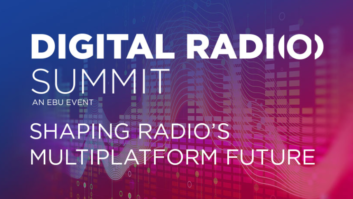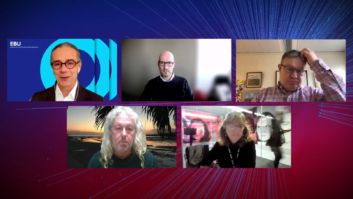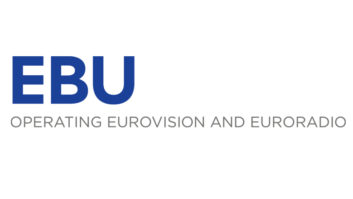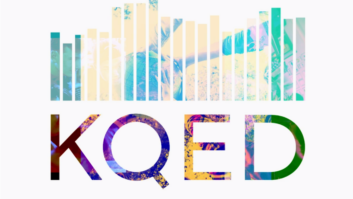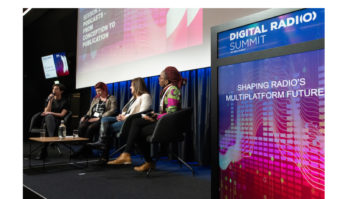GENEVA � Live radio remains incredibly popular across Europe, with an average of 2.42 hours of listening per day. Still, over-the-air radio is facing a number of challenges that the industry needs to address. For example, analog radio broadcasting is constrained on an overcrowded spectrum that prevents broadcasters from offering new stations and services.
�
When it comes to radio listening via the internet on portable devices, limits imposed by data plans and battery consumption restrict access to the medium. �Clearly, digital radio can ensure that radio can continue to be delivered in a robust manner, free of charge,� according to�EBU news.��The EBU has analyzed the situation in the five principal markets in Europe and found that the cost of an average mobile subscription, with sufficient data allowance for radio listening, is far from universally affordable. Tests also show that streaming audio drains batteries rapidly, limiting the number of listening hours as does the data cap.�
�
Digital radio broadcasting does not consume mobile data and uses as little as one tenth of the battery consumed by streaming; therefore, the introduction of digital radio receivers in all mobile devices would mitigate those negative effects, commonly experienced by mobile users.�
�
Towards that end, a consortium of broadcasting companies and organizations has joined forces to develop an open and universal interface to ease the implementation of digital radio on smartphones. The Open Mobile Radio Interface was announced during IBC on Monday. �
�
�The development of the Open Mobile Radio Interface is a real step forward to allow broadcasters�to customize their apps and make use of the DAB+ tuner in the smartphone. �This will enable some real innovation in the use of digital radio services which, being freely available, offer real benefits to the consumer,�said Simon Fell, Director of Technology and Innovation, EBU.
�
OMRI is a technical interface that standardizes the communication between a phone chipset and apps, supporting a range of functionalities, and ensuring that any compatible DAB+ app will work on any capable smartphone. Several apps based on OMRI are already commercially available.
�
The consortium behind OMRI believes that it will help bring more DAB+ smartphones to market at a time when FM is being phased out in more and more countries. With DAB+ now available to over 400 million people in Europe, the Asia-Pacific and Africa there is growing consumer demand for DAB+ in portable devices.
�
The initiative has generated interest from across the industry. �Broadcasters, app developers, chipset makers, module companies and smartphone manufacturers acknowledge the importance of standardization within both the broadcasting and the mobile industries,according to WorldDAB.
�
�The continuing importance of live radio, combined with the increasing popularity of radio on the move, with young people in particular consuming radio on their phones, means we need to establish reliable delivery platforms to take radio into the future,� said EBU�s Head of Radio Graham Dixon, speaking at the recent IBC. �Radio plays an extremely important role in people�s lives. �It deserves a secure, futureproof delivery method. We need to ensure audiences are not subject to data scarcity and the limits imposed by the batteries in mobile devices. �On both these points, DAB+ provides a real way forward.�
�





